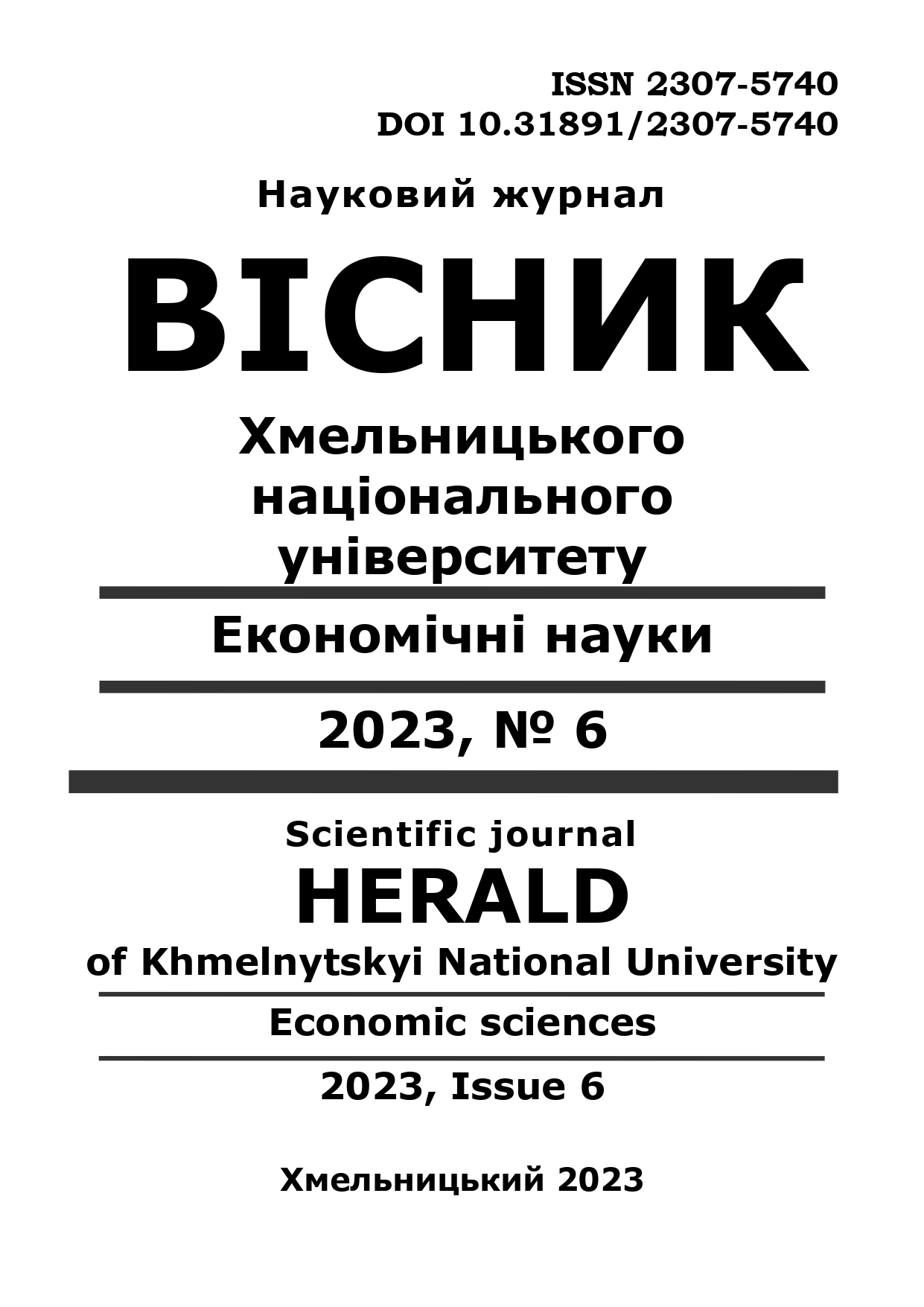IMPROVING THE COMPETITIVENESS OF UKRAINIAN TRANSPORT ENTERPRISES
DOI:
https://doi.org/10.31891/2307-5740-2023-324-6-18Keywords:
product policy, marketing mix, competitive environment, technological process, transport companiesAbstract
The article is devoted to the problems of improvement of the marketing commodity policy of transport enterprises The features of the marketing mix are characterised. It marks out directions of development of modern enterprises. There are several aspects of the product in the marketing mix that need to be considered in order to maximise the effectiveness of this component. Product function is the most important aspect. Simply put, if a product does not provide the functionality it claims, consumers will soon turn away from it, and no amount of advertising or competitive pricing will make a difference to the market appeal of the product or service. At the same time, if the product meets or exceeds consumer expectations in terms of performance, there is a high probability that sales of the product or service will grow rapidly. Product characteristics will also play a significant role in placing a product or service for sale in retail outlets where target customers can be found.
A good product policy is the foundation on which the right products are produced and sold. A product policy consists of all activities that create a product programme for an entity that meets market requirements. The goal of the product policy is to produce a product based on the needs and wishes of the customer. Customers need to solve their problems, which means that it is necessary to create products that will be most beneficial to the consumer in terms of their characteristics.
One of the main trends in modern development is the globalisation of the world economy. This makes it even more difficult for companies to operate in an international or global market where there is competition. Globalisation is a long-term process of global economic development, which has resulted in a wide range of businesses operating in international markets and a new concept of relations between production, trade and consumers.
The COVID-19 coronavirus pandemic is one of the most pressing impacts on the modern economy at both the national and global levels. The effects of the COVID-19 coronavirus on the global economy and markets are already evident. While some stores have been closed for several weeks during the COVID-19 pandemic, online retailers have operated virtually unrestricted. However, this period has also seen a significant change in the buying behaviour and purchasing habits of customers. A significant portion of their purchases have been shifted to the online environment. Companies that were able to effectively adapt to changes in consumer behaviour and the overall market situation benefited from the crisis.


